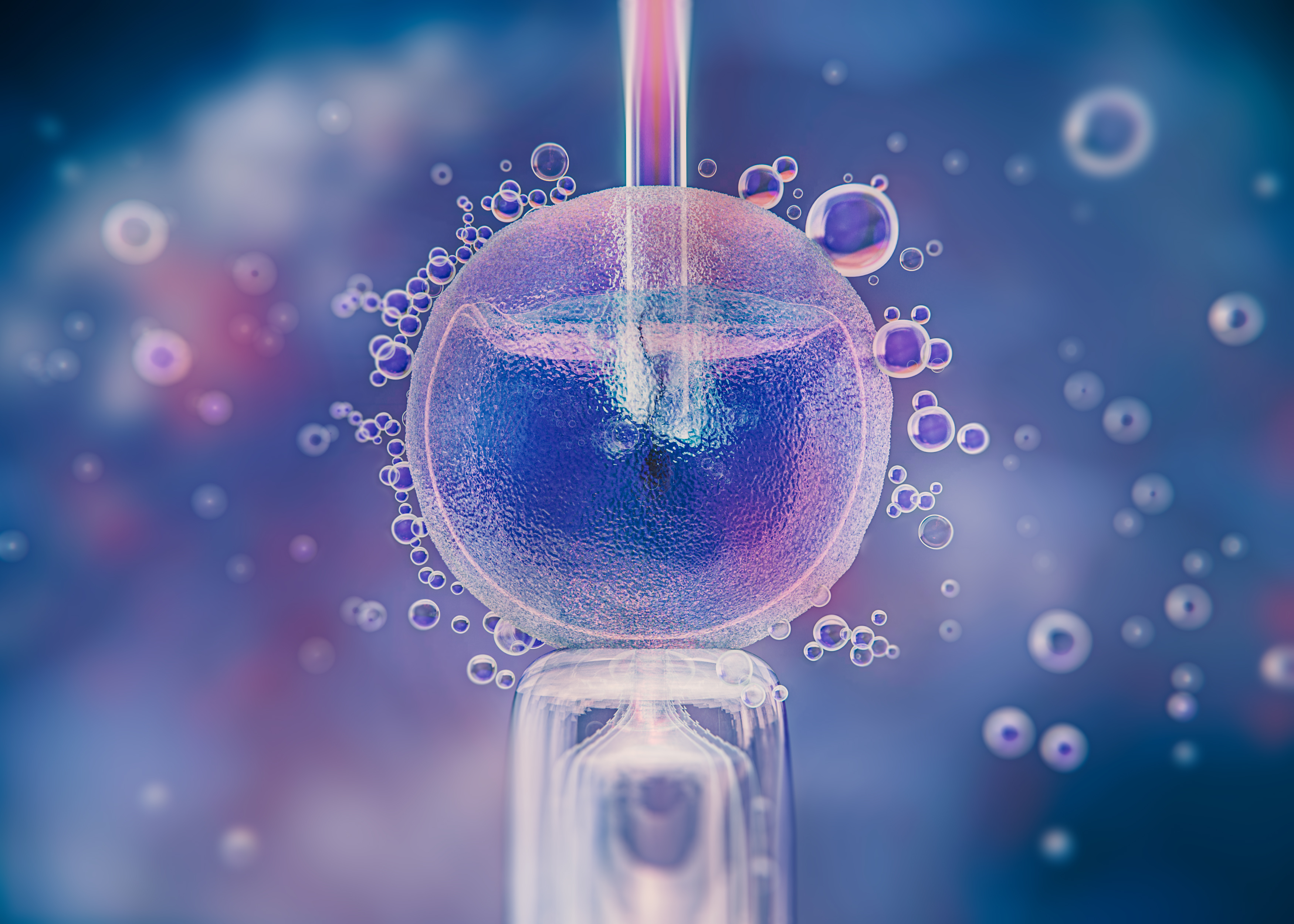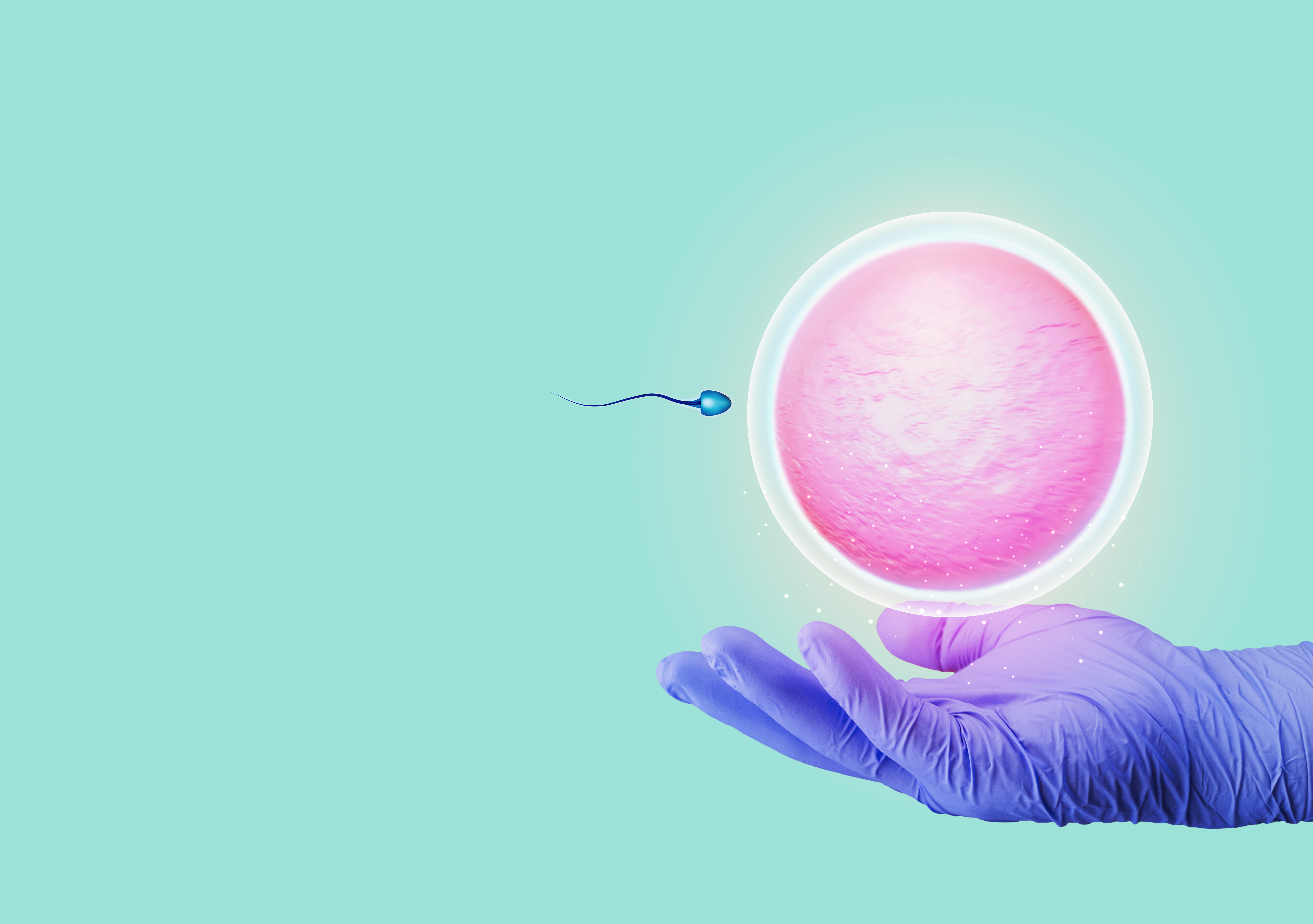
The Future of IVF: AI and Robotics in Reproductive Medicine
Modern research and technology developments are leading to a rapid revolution in the field of fertility care. Reproductive medicine is being transformed by innovations like genetic screening, artificial intelligence (AI), and automation in IVF labs. In addition to increasing success rates, these developments also aim to lower the cost and increase accessibility of reproductive treatments for both individuals and couples.
AI and Fertility: A Personalized Method of Treatment
By enabling individualized care tailored to each patient's needs, artificial intelligence is transforming fertility treatment. In order to enhance ovarian stimulation methods and guarantee the best possible management of egg maturation, artificial intelligence systems examine enormous datasets from thousands of patients. This customized method lowers the number of collection attempts and fertility medication requirements while improving egg quality and fertilization rates.
AI is also very important in the selection of embryos. AI systems can evaluate the chromosomal health of embryos using time-lapse imagery and mother age data, providing a non-invasive way to choose viable embryos. This increases the likelihood of a successful implantation, decreases expenses, and lessens the need for invasive testing.
Lowering the Risk in Fertility Care
The need for fertility preservation methods is growing as delayed motherhood becomes more prevalent. By freezing eggs and sperm, a process known as cryopreservation, people can save their reproductive potential for later use. Alternatives to conventional egg retrieval techniques are provided by innovations such as in vitro maturation (IVM). IVM decreases the requirement for high-dose hormone stimulation by enabling immature eggs to mature in a lab, hence reducing the danger of ovarian hyperstimulation syndrome (OHSS). This method appears promising, especially for individuals who are prone to overactive ovarian response and have polycystic ovarian syndrome (PCOS).
Additionally, technology is making fertility treatments more accurate. Better temperature control is ensured by automated freezing procedures and storage systems, which lowers the likelihood of handling errors.
Genetic Screening: Enhancing the Results of Pregnancy
When it comes to improving pregnancy outcomes, genetic screening has proven revolutionary. Only healthy embryos are implanted thanks to preimplantation genetic testing (PGT), which makes it possible to identify hereditary illnesses and disorders. By identifying chromosomal abnormalities and particular genetic alterations, PGT-A and PGT-M can lower the risk of miscarriage and increase the likelihood of a healthy pregnancy.
Robotic-Assisted IVF: Enhancing Precision and Success Rates
Robotics is significantly transforming fertility treatments, particularly in IVF. In the conventional process, IVF entails experts performing egg retrieval manually, fertilizing, and embryo transfer to the uterus. While effective, these procedures involve a certain risk of human mistake, especially in the sensitive procedures of embryo handling.
Robotic-Assisted In Vitro Fertilization (RA-IVF) employs sophisticated robotic systems in an effort to introduce more precision into these procedures. With robotic arms assisting them, fertility specialists are able to perform egg retrieval and embryo transfer with high degrees of accuracy. The systems have high-resolution cameras and specialized instruments that enable highly detailed visualization and manipulation of eggs and embryos. The precision decreases the likelihood of errors and increases the chances of a successful pregnancy.
Moreover, robotics minimizes the threat of injury to both embryos and the patient, resulting in safer operations and improved results. With less need for human adjustments, robotic technology provides a smoother and more streamlined IVF procedure.
The Future of Fertility: Precision Medicine and Robotics
With accelerating technological developments, treatments for fertility are becoming increasingly innovative and potent. The use of robots will play an enhanced role in assisted reproduction, as ongoing advancements in fertility science are creating prospects for more individualized care.
One of the most important innovations is the application of precision medicine in fertility. Precision medicine tailors treatments according to a person's genetic makeup, lifestyle, and medical history. Coupled with robotics, precision medicine enables fertility experts to develop personalized treatment plans that more effectively suit each patient's individual needs, greatly increasing the likelihood of success.
As robot systems continue to develop, their convergence with artificial intelligence (AI) and machine learning will gain significant importance. This will enable systems to learn from past instances, give real-time feedback to physicians, and optimize treatment protocols. Future fertility treatment could involve highly automated systems that can do everything from hormone tracking to carrying out complex surgical procedures.
Conclusion
The evolution of robotics in fertility treatment is revolutionizing assisted reproduction. With greater precision, less error, and less pain, robot-assisted IVF is increasing success rates for infertile couples. In the future, a blending of robotics, AI, and precision medicine will provide even more tailored, efficient, and affordable fertility treatments, creating a brighter future for expectant parents worldwide.

